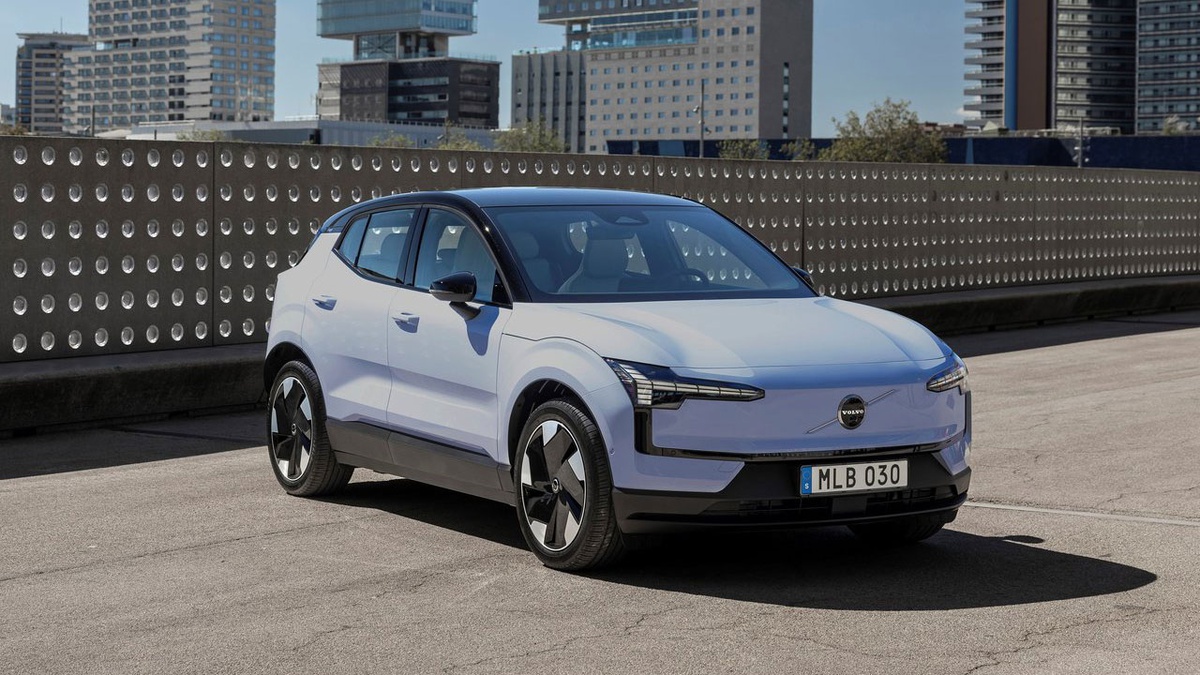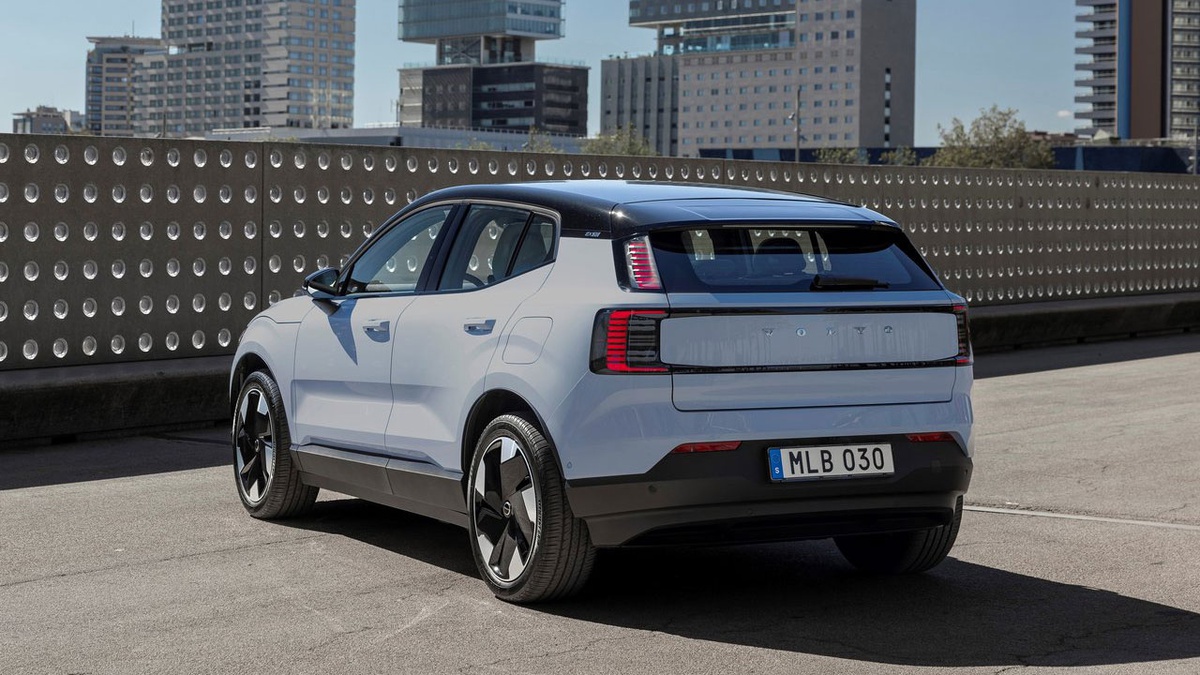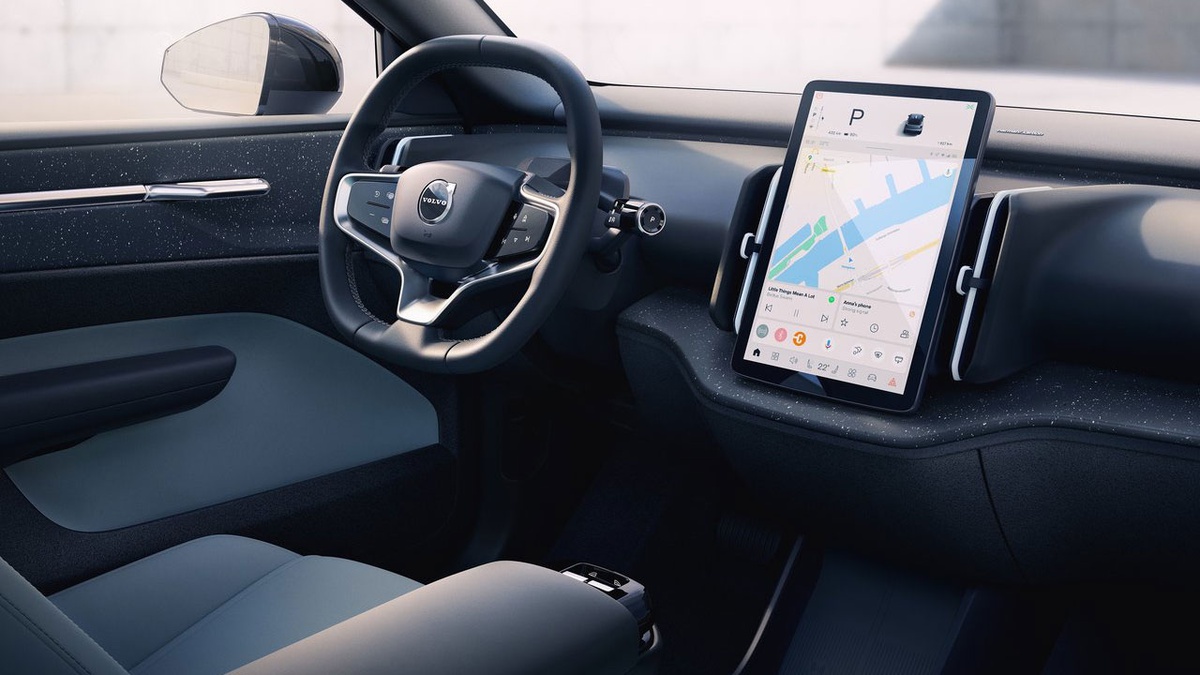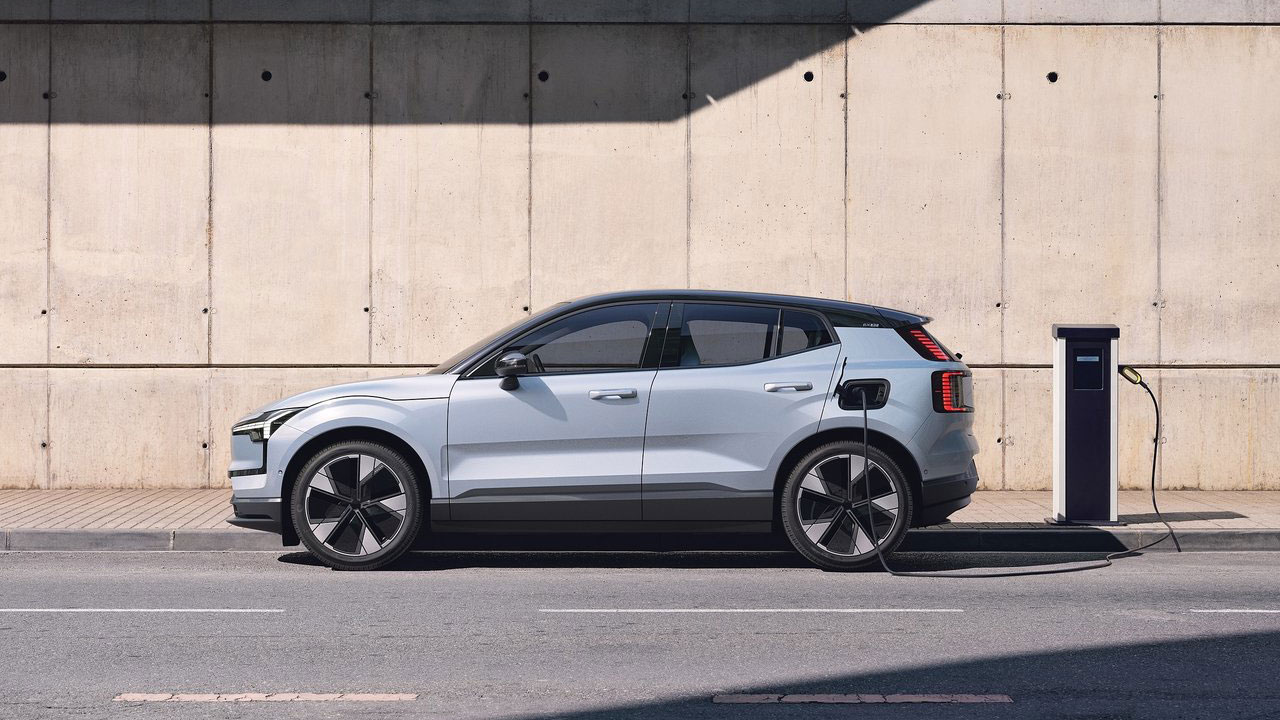A comprehensive carbon footprint assessment has now been completed for three electric vehicles launched since 2019: The Volvo EX40 (XC40 Recharge), EC40 (C40 Recharge) and EX30. By publishing the reports, the automaker aims to help customers make informed decisions when choosing a new electric vehicle.
The EX30 has the smallest carbon footprint of any Volvo electric vehicle. According to the Life Cycle Assessment (LCA), the total carbon footprint of the EX30 with the 51 kWh LFP battery is 23 tonnes over 200,000 km. This is 60 per cent less than the XC40 with an internal combustion engine.
The use of wind power to charge the EX30 significantly reduces the carbon footprint: by 42% compared to the global grid and by 22% compared to the European grid. This highlights the need to accelerate investment in renewable energy infrastructure worldwide if electric vehicles are to realise their full climate potential.



Volvo EX30
The company noted that the share of recycled materials in the EX30 is currently the highest of any Volvo. Approximately 1/4 of the aluminium and almost 1/5 of the steel are recycled products. In addition, approximately 17% of all plastic materials in the car, from interior parts to exterior bumpers, are made from recycled material.
Volvo Cars plans to further reduce the CO2 emissions of the EX30 by working with suppliers throughout the production and sales chain. For example, by 2025, battery suppliers will reduce emissions from LFP batteries by 20 per cent and NMC batteries by 46 per cent. To achieve this, electricity consumption in the production of cells will be replaced by renewable energy sources, and the share of recycled materials will increase.
Production of the EX30 began in November 2023, and the first owners in European markets received their cars at the end of last year.
Source: Volvo Cars

